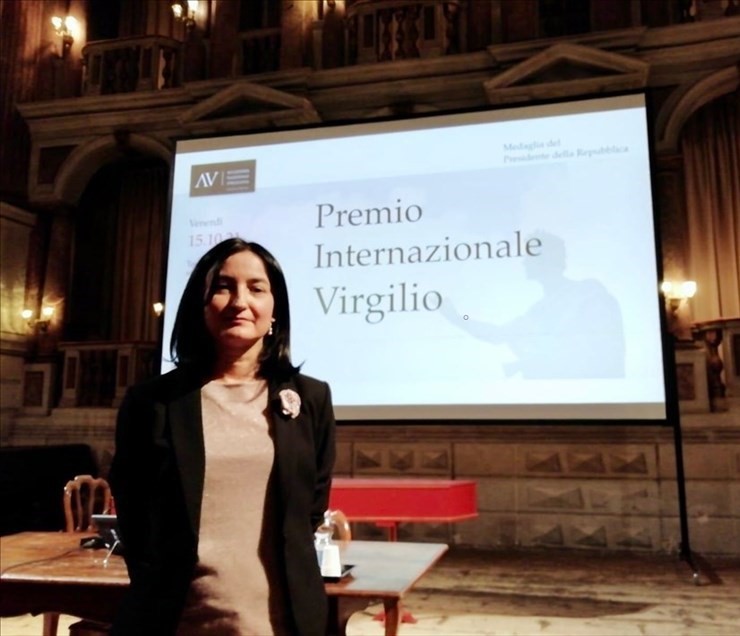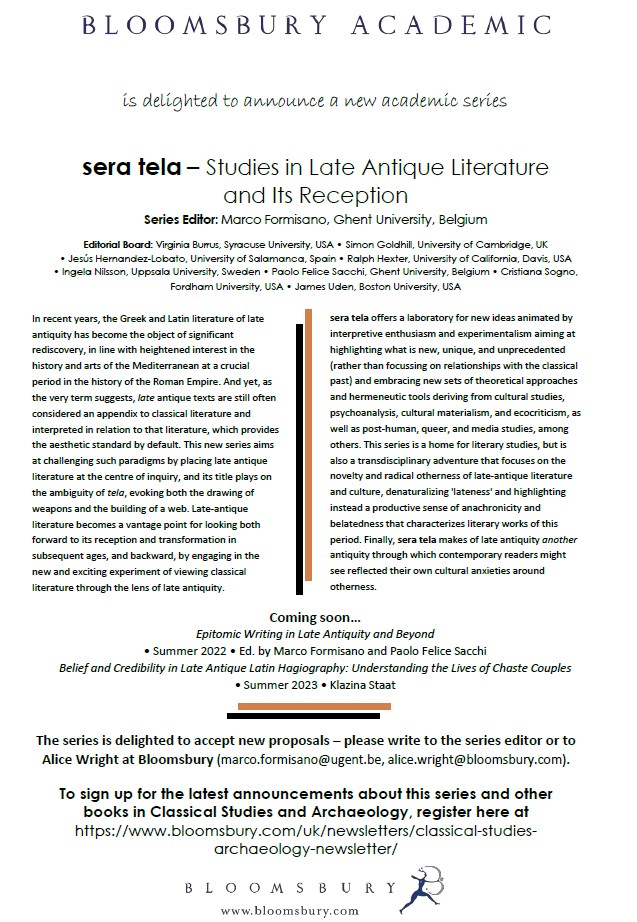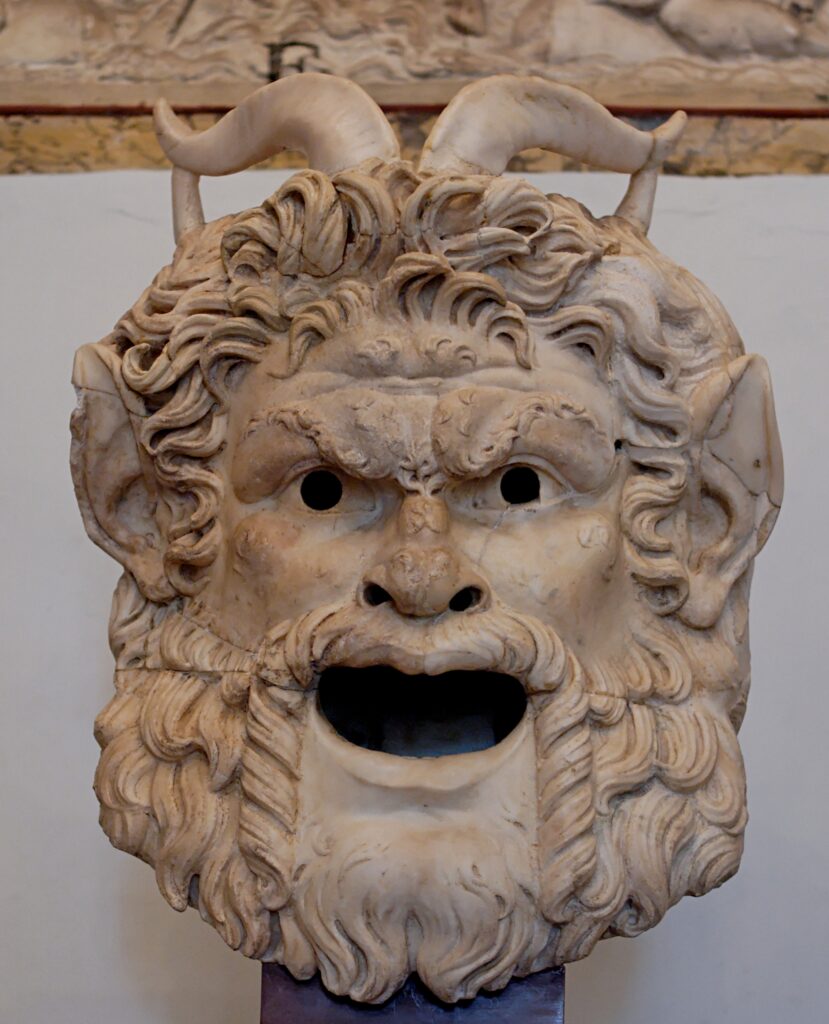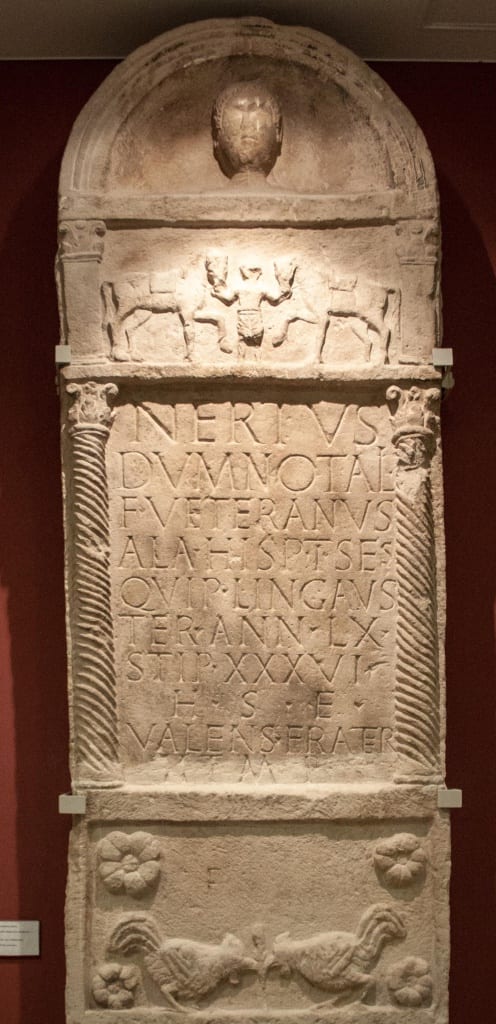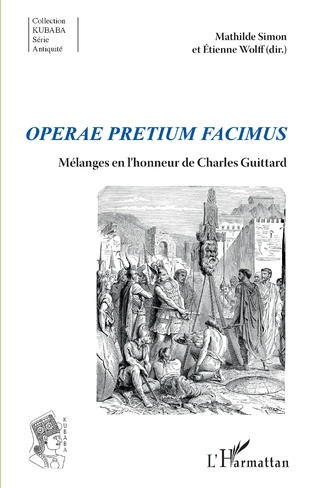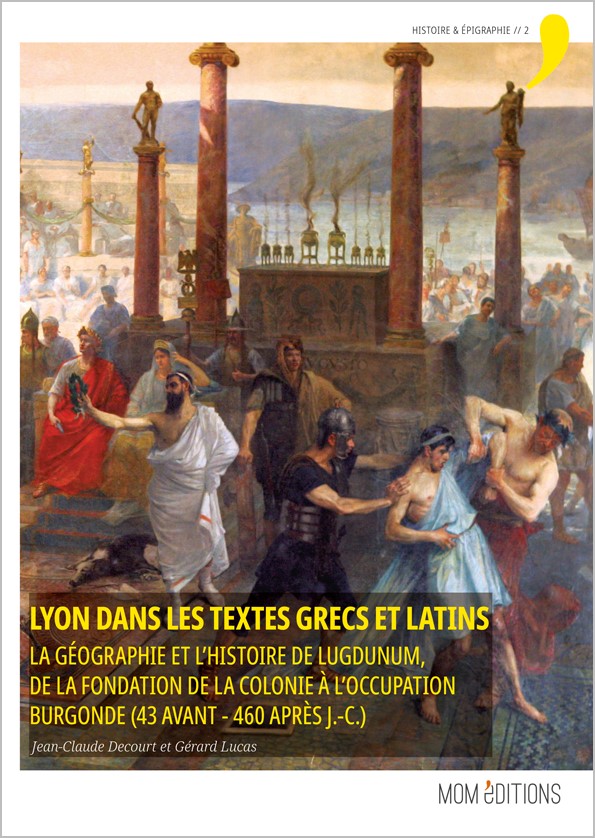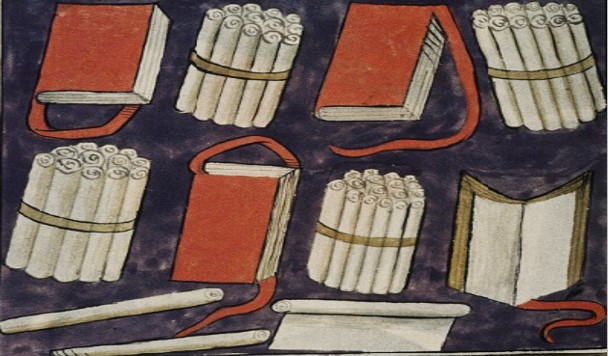Gavin Kelly published a blogpost titled ‘A textual and onomastic problem in Sidonius’:
In modern editions, Sidonius’ letter 2.4 is addressed to an otherwise unknown Sagittarius, who is asked to accept the friendship of Sidonius’ protégé Proiectus (also otherwise unknown) as the latter seeks to make an advantageous marriage with a girl of good family for whom Sidonius’ addressee has some sort of role of guardianship following her father’s death. But editions up to that of Lütjohann in 1887 had the letter addressed not Sidonius Sagittario suo salutem but Sidonius Syagrio suo salutem. Syagrius (or to be precise Siagrius) is the reading of the family of manuscripts from which the first edition of 1474 derived. Sagit(t)arius appeared in the majority of the manuscripts picked out by Lütjohann.
How to weigh up the contradictory evidence of the manuscripts?
Read on in Gavin’s blog


